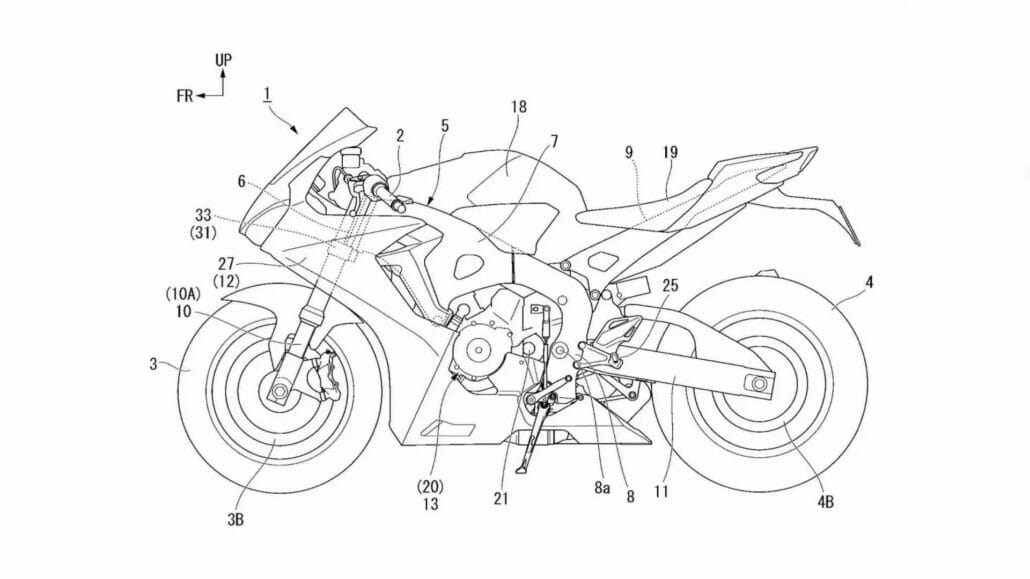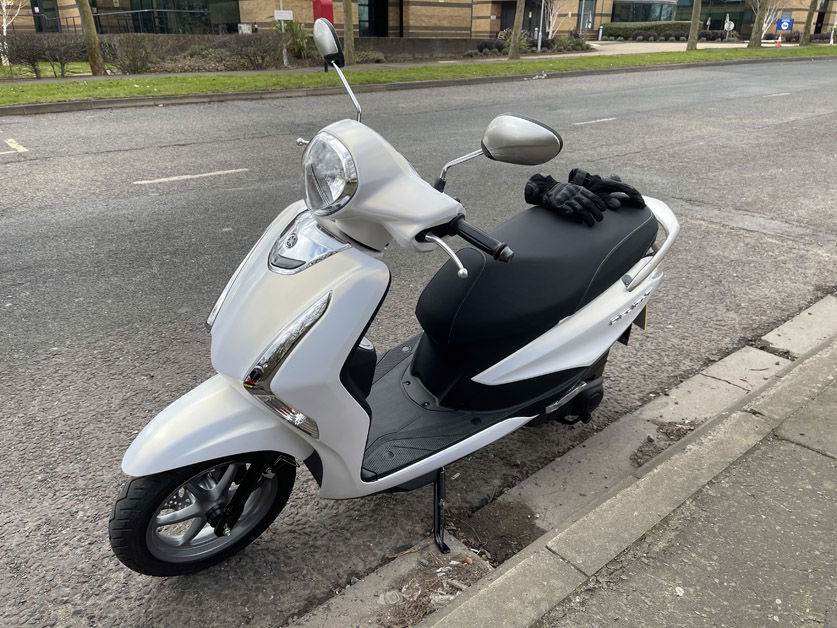Is artificial intelligence the way to stop people texting while driving?
Reactive or proactive? Which is best when trying to prevent people from using their phone while driving, and causing a danger to pedestrians and bikers?

In Australia, a new camera system could be the solution to the problem of people using their mobile phone while driving.
Using the mobile phone while driving is surely one of the most dangerous driving offences. In the era of individualism and the ‘attention economy’, it only makes more sense that a problem such as this one persists.
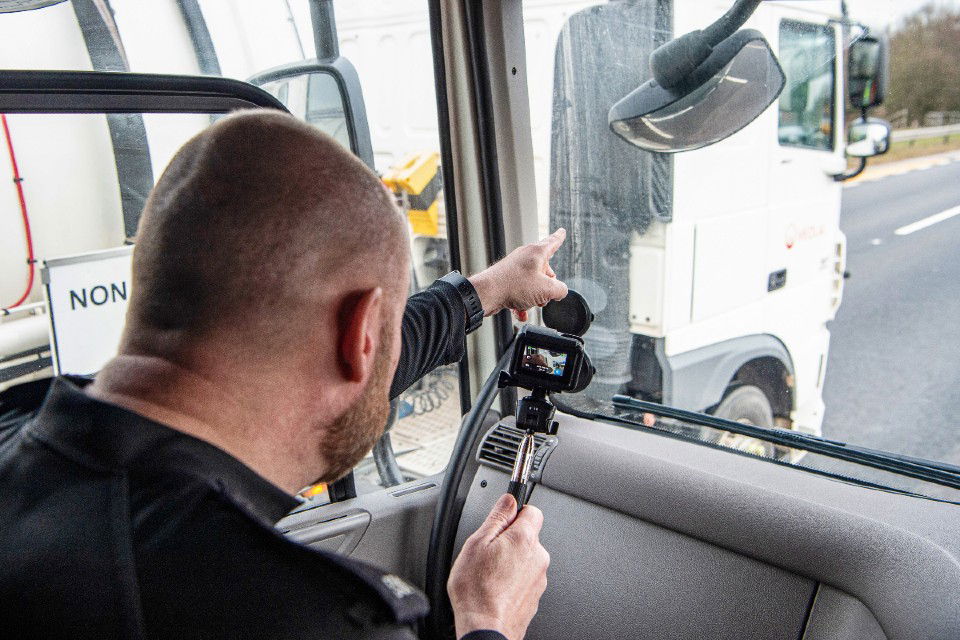
People are addicted to their phones. The writer of this article is addicted to his phone. He knows it, but that doesn’t change anything. He continues to reach for it in a mid-race advert break, or during a lull in a practice session, or when a race is red flagged, et cetera, et cetera. He doesn’t reach for it when driving, but he also doesn’t have a licence, so that’s sort of a null point.
But, those who do reach for it when driving are consciously putting other people in danger: pedestrians, other drivers, people on motorcycles, et cetera, et cetera.
But, perhaps there are now ways to prevent it.
First, a proactive solution that was also reported on by Le Repaire des Motards, and courtesy of Ayush Pai on YouTube.
Their solution is to create a robot which holds a wooden rod, and when the robot detects the driver picking up their phone it knocks the phone out of their hand.
It is a relatively simple solution, at least for people who know what they’re doing. A more aesthetically pleasing version might be fitted to production models, but even with a major manufacturer behind its engineering it is a device that would be able to be evaded by the driver, theoretically.
There is also a more reactive approach. It is AI-based, and comes from Acusensus, an Australian company which specialises in artificial intelligence (AI).
AI has become a bit of a ‘dirty phrase’ in recent times. Not that it is an erotic thing (although, presumably, AI-based erotica is there to be found if you want to find it), but compared to 2010 when AI basically meant the computer-controlled competitors on your racing game of choice, in 2022 its meaning is more wide-ranging, from social media algorithms to autonomous vehicles.
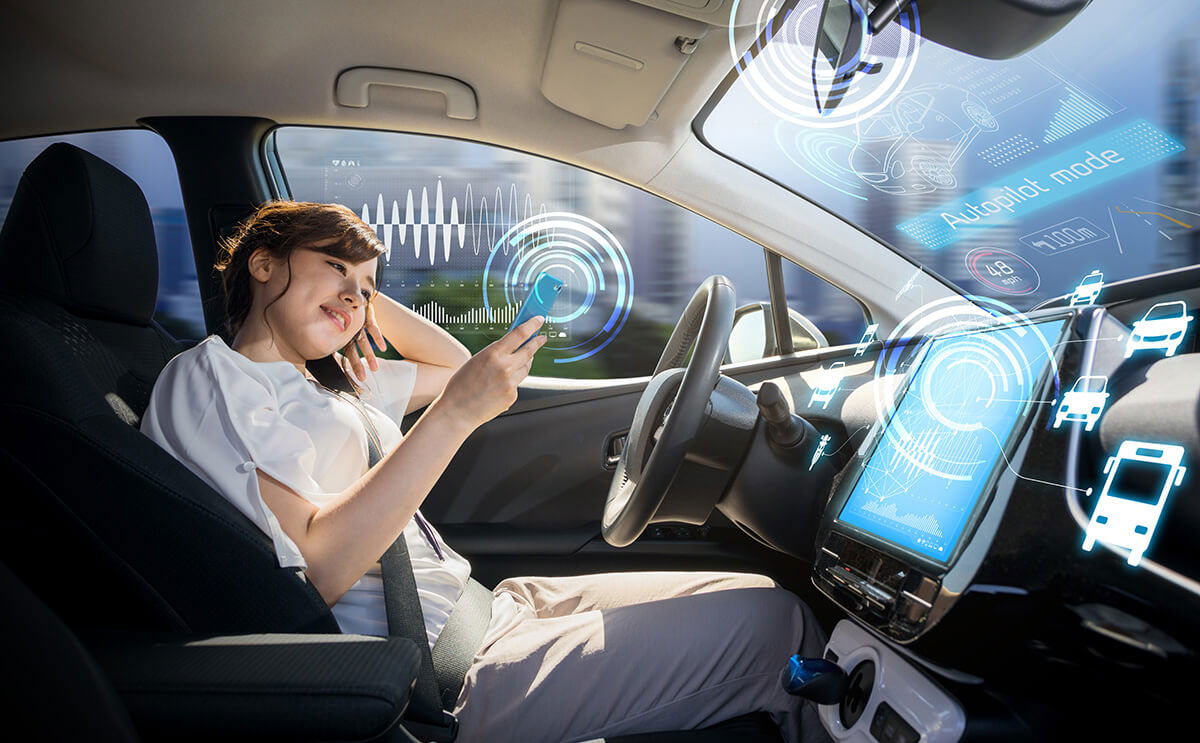
Now, AI is a source for conspiratorial thinking across the political spectrum, from leftist fantasies of rigged elections to right-wing fears of government overreach. In reality, AI as a method for powerful people to drive change is a relatively limited tool, because its algorithms are written by humans, and therefore inherit the flaws and perceptions of the humans who wrote them, and the society in which those humans live. AI is good for managing things, and for predicting things where the variables are well-known to it, but AI is not a neural network, it cannot develop itself.
But, anyway, Acusensus specialises in AI and has used it to create an anti-phone-while-driving tool which has been in use since 2019 by authorities in New South Wales, Australia.
The way the system works is by placing a camera high-up on a big beam which hangs over the road. From that vantage point, the camera can see into a passing car, and, thanks to the AI algorithms from Acusensus, can determine whether the driver of said passing car is holding their phone or not. If they are, a photo is taken and sent to relevant authorities.
Of course, it is very possible to say that having ‘government-operated’ cameras staring into your car is an invasion of privacy and an impingement on the freedoms to which you have a right as a human.
However, living in a world which contains multiple people rather than one person (an admittedly sad reality but the reality nonetheless) means that any freedoms one person has cannot be allowed to impinge on the freedoms of another person. This is where freedom gets complicated, because you begin to realise that the only way there can be true freedom is for a world to exist where either there is only one person, or where the actions of one person do not have consequences for others.
Reality, though, dictates that the actions of one do have consequences for others, and that means that laws and preventative measures must be in-place to try to make sure that those consequences are not too dangerous, or destabilising.
That means that when Le Repaire des Motards reports that the cameras in New South Wales have led to a reduction in people using their phone while driving by 20%, and a reduction in fatalities caused by drivers using their phones of 21%, it can be said that they have had a positive impact.
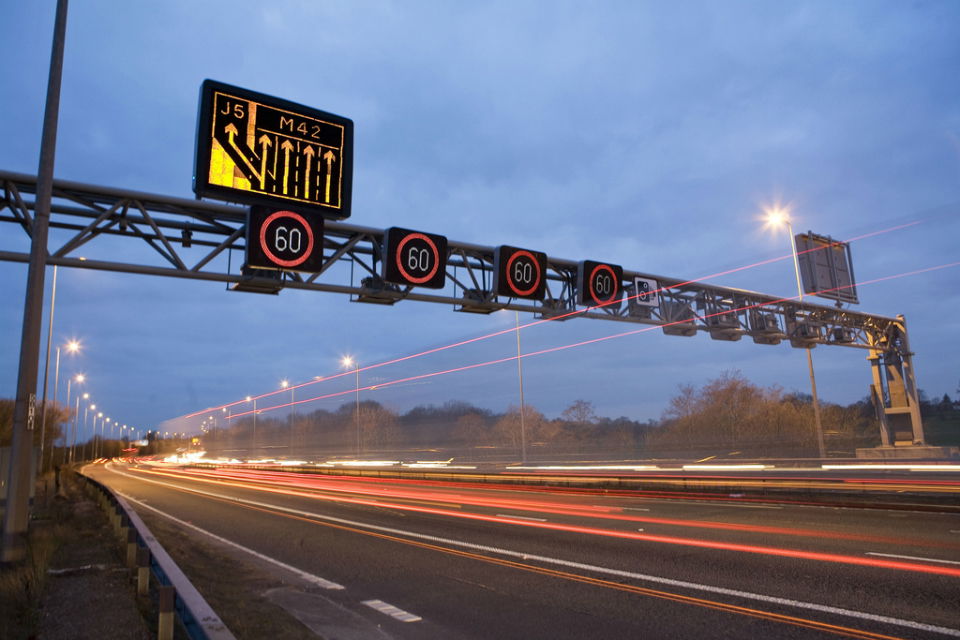
This positive impact means it would not be unreasonable to suggest that the adoption of a similar system in the UK would keep pedestrians, motorcyclists and other road users safer on the country's roads.
For the UK, that would of course require some intelligent use of public money, which seems optimistic, for the cameras and AI to be made and developed by people who know what they're doing, which seems optimistic, and for the cameras to be used correctly by authorities, which seems - wait for it - optimistic.
Let us not forget that we live in a country where 'smart' motorways are more congested than normal motorways, more efficient motorcycles will be banned before less efficient ones, and where authorities think a 125cc motorcycle is as contributory to air pollution and climate change as a 1000cc motorcycle, or a 1200cc car, and must therefore be charged equally.
